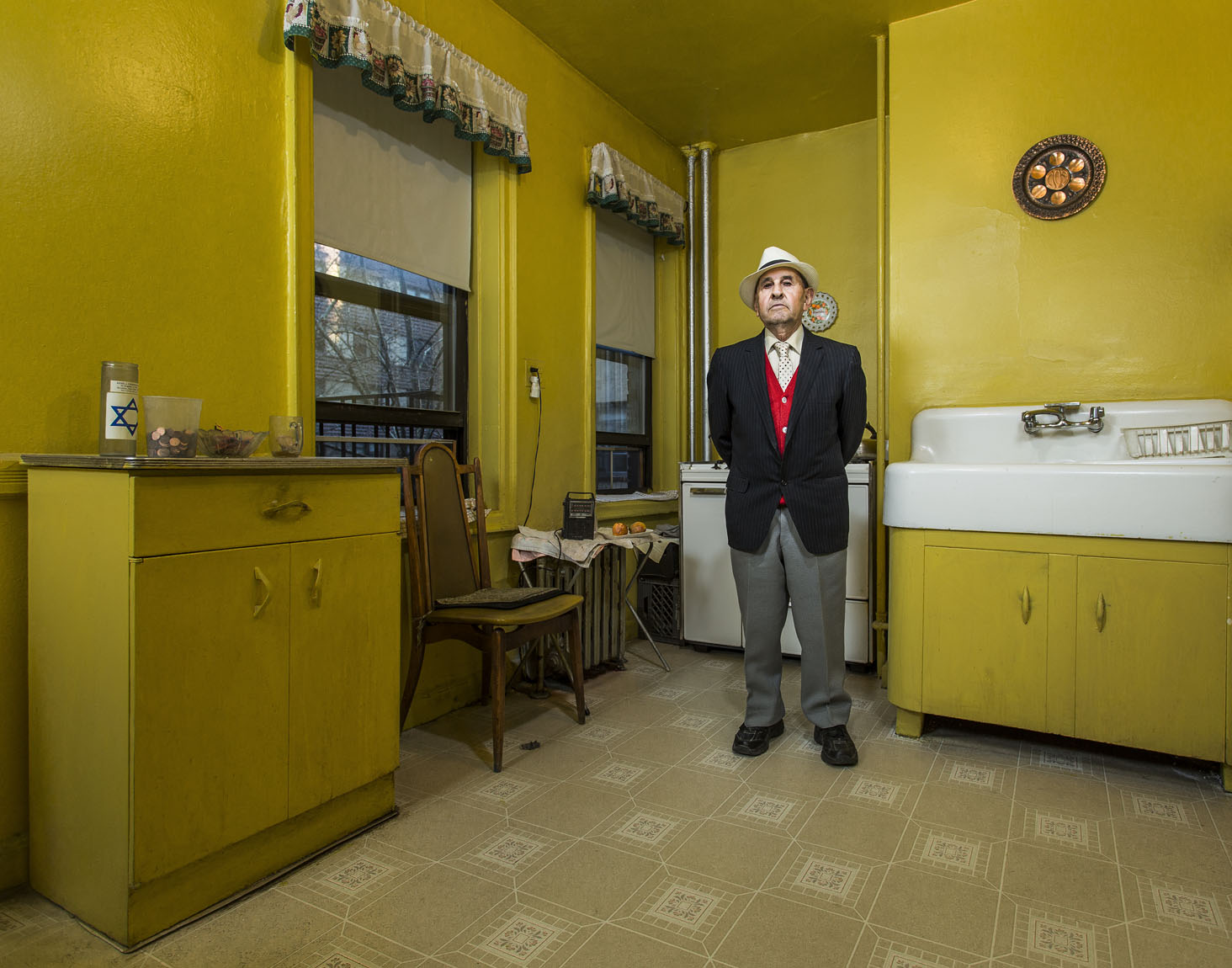My name is Max. I was born on August 6, 1929 in Poland. I was raised in a small village with about 60 Jews. We didn't have much, but we made ends meet. My parents would go to the flea market in the larger villages and sell different meats and fruits. I had a pretty carefree childhood, and I went to school faithfully. I had three brothers.
In 1939, tensions were high in Poland. The war was looming, and my parents were worried about the future. Shortly after Germany invaded Poland, Jews were sent en masse to labor camps and ghettoes were created, we knew that it's time to run. There were people smugglers who would help the Jews flee to Russia. One night my parents took my three brothers and myself to the Ukrainian border, and we were smuggled into the Soviet Union for about 25 zloty.
From there, we were all on our own. After we crossed the border we met some men who were helping people like us find work. My brothers and I were advised to go deeper in Russia to work in a kolkhoz - a collective farm. It took a few days to travel through Russia on a horse wagon. My brothers were split up, and I was taken to a town near Stalingrad. It was a dark night when I got dropped off and the smuggler pointed me in the direction of a farm to work at, and from there I was all alone.
Luckily, farming was a big industry in Russia, so I had a stable income. It was very hard work on the farm. I can remember pulling the potatoes out of the grass for hours at a time in the hot sun. But we were treated fairly, and most importantly - we had a place to live in and food on the table. At that point I feel like it was just an animal instinct to survive knowing what was going on in Europe.
There were a lot of other Polish people on the farm. While I was working, I thought about missing my family, especially my parents. I later found out they were murdered at Auschwitz.
As hard as it was to cope, I frequently convinced myself how blessed I was. I was alive, I was healthy, and I was making a decent living for myself. I'm sure the children back home weren't quite as lucky. On the farm, we would hear rumors from back home about entire villages being callously murdered by the Nazis.
Perhaps the feelings of happiness I felt were forced, and I was no different from an animal that left his parents in the wild. I was forced to fend for myself without my parents or brothers. All I had was my uncle who lived in the United States.
I worked on the farm for two or three years. After the war was over, I returned to Poland to see what was left of my country. I managed to make a decent living for myself. I was married in Poland, and had a son. We came to America in 1949 on a big boat. Passing Ellis Island was a beautiful experience.
When I first got to America, I worked in construction. My time on the farm instilled a certain work ethic in me. My uncle was a tailor, but I liked blue-collar work. From construction, I started working at a Canada Dry factory in Long Island in 1950. From there, I went to a bigger factory in Maspeth, New York. I retired 12 years ago.
I've often tried to figure out what happened to my brothers, but I could never find much information. I have no idea about their fate after we said our goodbyes on that dark night somewhere in Russia. Records weren't kept well. It's heartbreaking to think about all of my uncles, aunts, cousins and more that I lost just because of war.
These days, I don't do as much as I once did. I have money, a nice home, a loving family and my cat. Most importantly though, I have my health.
